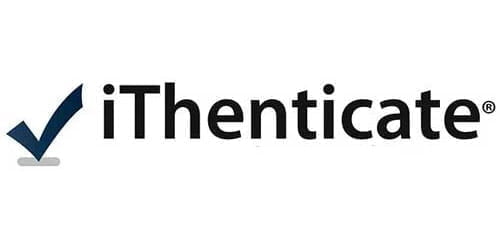Song Shijuan; Cut Fitri Rostina*, Widya Sari
Abstract: The goal is to understand better how the competitor scientific system has influenced researchers (in China) with historically poor and uncertain science funding. One of the primary goals of this study was to discover the characteristics that impact a scientist’s career path and the critical publishing methods and time management techniques. A six-month-long online survey was prepared and distributed. Postdoctoral and senior academics were also represented in six hundred replies, with thirty-nine percent of the total coming from Ph.D. students (forty-two percent). National science policy negatively influenced scientific vocation (response probability = sixty-nine percent and financial availability sixty-two percent. Younger researchers were particularly hard hit by the difficulty of obtaining scholarships and full-time posts fifty percent. Peer interaction activities, such as working in a team of fifty-one percent and collaborating with other groups seventy-six percent and attending conferences, were shown to have a favorable effect on scientific vocation fifty-nine percent. To be a full-time researcher, the most common technique was to publish in high-impact journals eighty-seven Young researchers, on the other hand, like to present their discoveries in conferences fifty-seven percent. Scientific output seventy-three percent and teaching thirty-nine percent were the two most important activities for generating new ideas, although the latter was also the lowest exciting. Our findings include three standout features. Structural issues associated with the shows a linear have a detrimental impact on one’s desire to pursue a career in science, whereas peer interactions have a favorable effect.
[ FULL TEXT PDF 1-4 ] DOI: 10.30566/ijo-bs/2021.special.22









